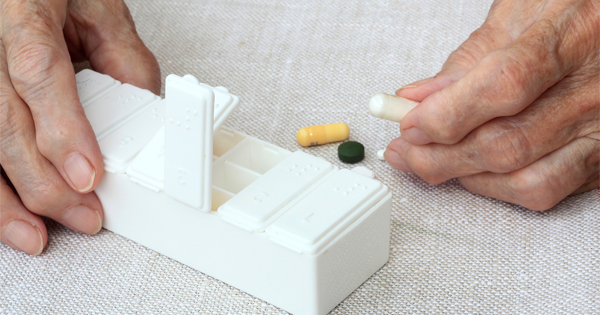Advertisement
Calcium has always been the standard for bone strength and health. Want to prevent osteoporosis and retain bone density? Basically every health professional will tell you to eat more calcium.
But now, two new reports suggest that it may not be the bone health super-mineral we all thought it was.
Both reports looked at the relationships between bone density and calcium intake in adults over the age of 50.
The first report looked at the results of 59 calcium trials on over 12,000 people. Increasing calcium intake, this review found, did help to increase bone density—but not significantly. It only increased bone density by 2 percent at most, not near enough to reduce risk of fracture in any meaningful way.
The second review found that across 40 studies of people’s diets, there was no association between calcium intake and fracture risk. In fact, it didn’t seem to increase or reduce risk at all.
Of course, these are just the newest studies to report the ineffectiveness of calcium. A report in 2013 from the U.S. Preventative Services Task Force showed no link between a combination of calcium and vitamin D and a reduced risk of fracture in menopausal women.
In fact, even twenty-five years ago, a study concluded that “calcium supplements to prevent fractures were not justified by the available evidence.”
Not only that, but a 2011 statement by the Institute of Medicine said that most Americans get enough calcium anyway. It’s also well known that too much calcium can cause kidney stones.
Karl Michaelsson, the editor of the new studies, “The weight of evidence against such mass medication of older people is now compelling, and it is surely time to reconsider these controversial recommendations.”




